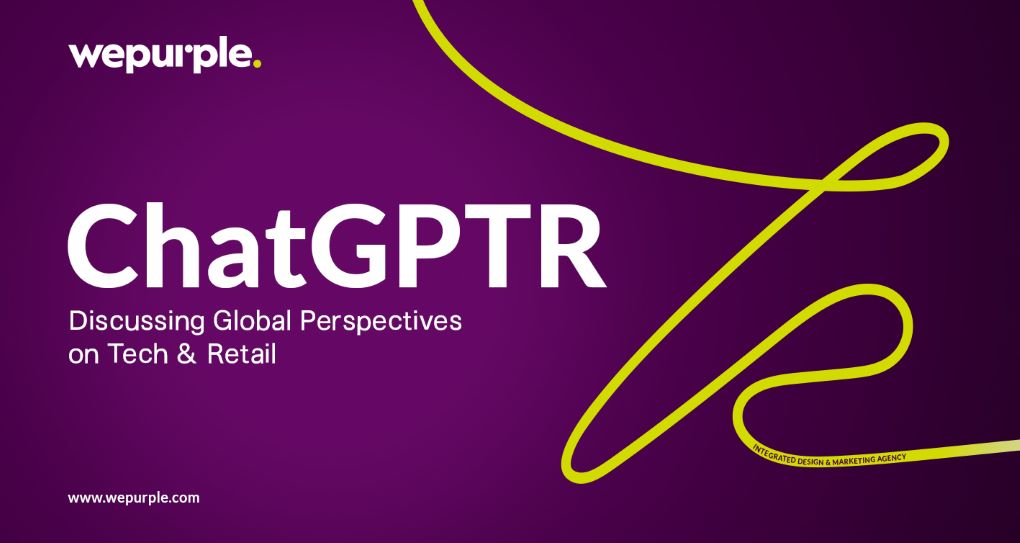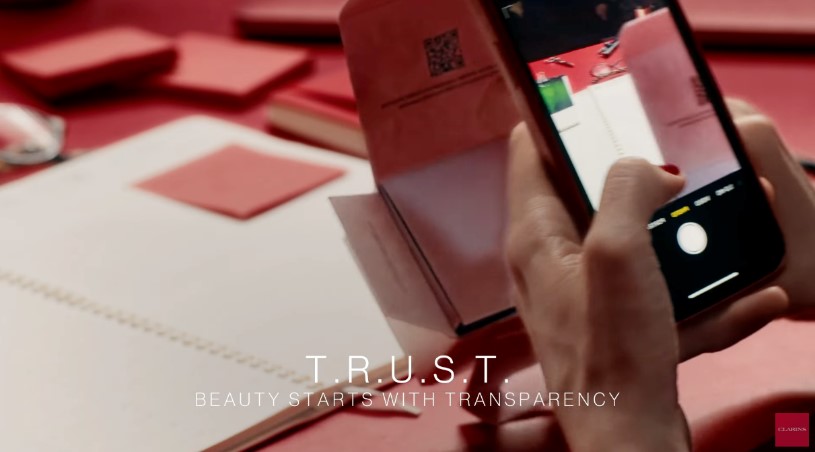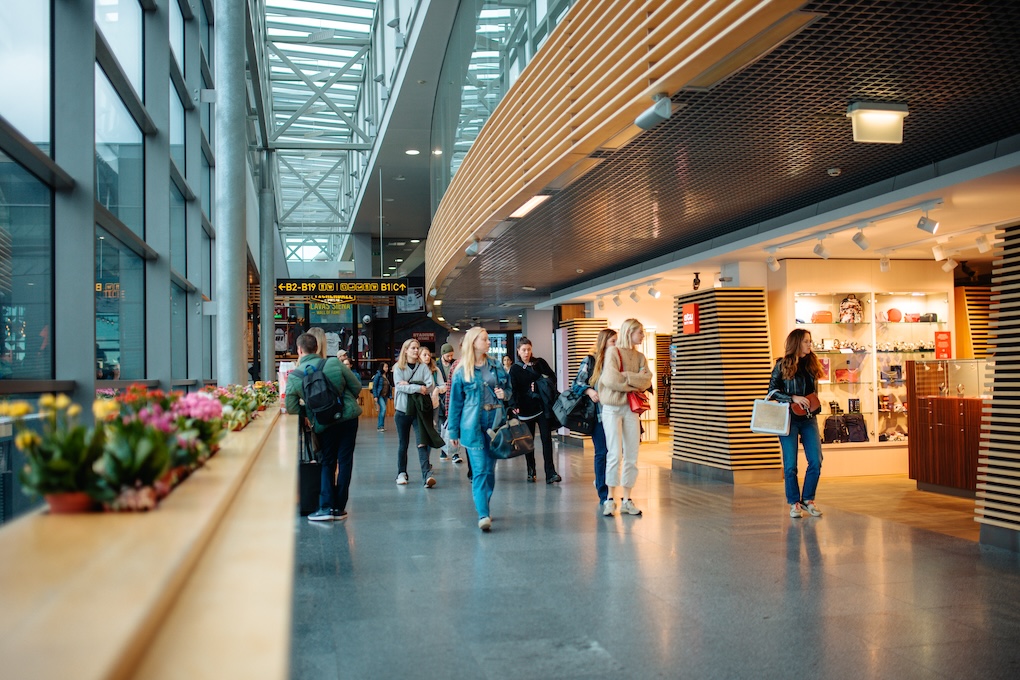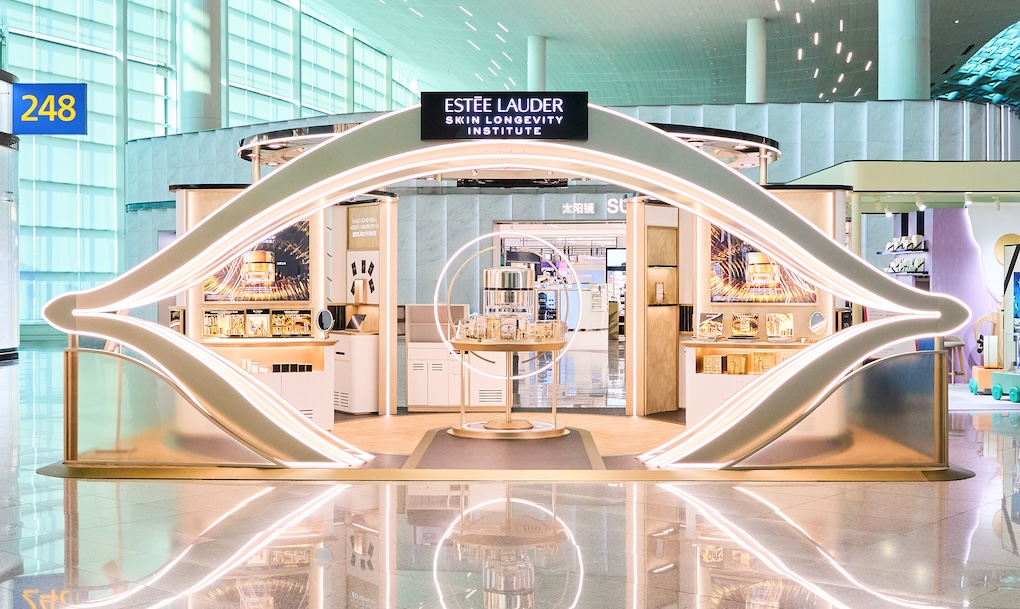In this guest article, James Brown of integrated design and marketing agency WePurple, explores the growing potential of cryptocurrency in global travel retail, as it reemerges in mainstream financial discourse. He discusses how this digital asset can support not only financial transactions but also broader applications such as product traceability, marketing and more.
After a few years waiting in the wings, cryptocurrencies are firmly back in the spotlight. The new administration in the USA includes Washington’s most pro-crypto Congress and regulatory bodies ever – and digital assets are making their way back into mainstream financial conversations. Even US President Donald Trump himself has been in on the action – becoming the first US President to launch his own coin.
Afrique Duty-Free leading the implementation of Crypto in GTR

How is the world of travel retail reacting? Last November, Afrique Duty-Free (part of the DFP World Group) announced that it would be accepting cryptocurrency for customer payments in what the company called a “global industry first”. The move comes as Afrique Duty-Free prepares an ambitious expansion plan across Western and Southern Africa.
So, is the GTR stage set for a crypto renaissance as the industry tries to appeal to a new generation of digital-native travellers? Or, will the hype fade away – a boom and bust not dissimilar to the aforementioned Trump coin?
We may see a trickle of other travel retailers experimenting with crypto, but it will take compelling results to open the floodgates to mass adoption. There is certainly potential – for instance, imagine a big player accepting cryptocurrency and linking it with their existing CRM programme. This could speed up broader implementation across the various silos of GTR.
While the hype swirls around Bitcoin and meme coins, a greater shift is happening beneath the surface. Blockchain – the technology that powers crypto – is quietly transforming industries, offering security, transparency, and efficiency.
Blockchain has far greater implications for brands, loyalty programmes, and airport operations – and travel retail has yet to harness its full potential. The question is no longer whether this technology will play a role in the future of GTR, but how fast businesses will adopt it.
Clarins: A blockchain breakthrough in transparency

Trust is the currency of travel retail. Luxury brands, spirits and high-end cosmetics rely on credibility, but today’s consumer wants more than marketing – they want proof. Blockchain offers an immutable record that can authenticate origin, quality and supply chain integrity in real time.
Clarins has implemented blockchain to create a traceability system where consumers can scan a product’s QR code and instantly verify ingredient sourcing, sustainability practices and production history. A similar approach could redefine trust in travel retail. High-value purchases – such as premium wines, limited-edition watches and fine fragrances – could come with blockchain-verified proof of authenticity, eliminating counterfeits from circulation. This could be particularly important if the pre-owned craze is to catch on in travel retail.
Airports and retailers stand to benefit as well. Counterfeit prevention is not just a brand issue; it protects the credibility of the entire travel retail ecosystem. If blockchain-backed authentication becomes standard, consumers will have zero doubts about their purchases, making duty-free the definitive destination for guaranteed authenticity.
NFTs: Not dead, just different
The speculative frenzy surrounding NFTs may have faded, but the underpinning technology is solid. NFTs are shifting from collectibles to services and experiences, adding tangible value to physical products and customer engagement.
Consider a limited-edition whisky at London Heathrow Airport, accompanied by an NFT granting the buyer access to an exclusive Speyside distillery tour or private tasting event. In the beauty sector, an NFT tied to a skincare product could offer personalised consultations with brand ambassadors. These applications turn NFTs from digital novelties into experiential assets, reinforcing exclusivity and brand loyalty in ways that traditional marketing cannot.
The question remains – why use NFT technology to facilitate these experiences over existing tools, such as CRM?
As global travellers ourselves, we see a barrier in the brand experience when having to set up independent client profiles in each country. Could NFTs be the key for unlocking brand experiences globally without having to be a CRM member in every country? This could be a strong point of differentiation for use in travel retail, which is inherently global in nature.
Airports: Infrastructure for seamless travel
Blockchain’s role extends beyond transactions and authentication; it has the potential to redefine airport operations. With millions of passengers moving through global hubs every day, inefficiencies in security, baggage handling and ticketing cost both time and revenue. Blockchain offers solutions.
- Luggage that never goes missing
The surge in popularity for Apple’s AirTags speaks to travellers wanting to track their belongings and a high comfort level with tech integration throughout the journey. A decentralised, tamper-proof tracking system using blockchain could record every step of a bag’s journey, from check-in to final destination, ensuring passengers and airlines always know its exact location. Emirates and Qatar Airways are already exploring advanced tracking technologies – blockchain could be the next evolution. - Frictionless identity verification
Digital passports and biometric verification are already in use, but blockchain could make identity verification even more seamless. A blockchain-secured digital ID could store a traveller’s verified credentials, eliminating the need for repetitive document checks. - Smart ticketing
Blockchain-based smart contracts could eliminate ticket fraud while enabling seamless rebooking and automatic compensation for delays. A ticket stored on blockchain would be verifiable, non-duplicable, and transferable in real time, removing layers of administration.
The road ahead: Early adoption wins
So, is cryptocurrency set to take off in GTR? We are at the very early stages of seeing how practical this is and will be keeping an eye on Afrique Duty-Free.
But blockchain technology is not a distant future concept – it is already reshaping industries. The brands, retailers and airports that integrate this technology early will set new standards for security, efficiency and consumer trust.
Travel retail has an opportunity to lead, rather than follow. Those who embrace blockchain will not only create a more seamless experience for travellers but also future-proof their business in a rapidly evolving digital economy.
The shift is coming. Who will take the first step?
ChatGPTR: Discussing global perspectives on tech & retail
ChatGPTR is a guest column by WePurple, an integrated design and marketing agency with over a decade of experience in travel retail. This series discusses how technology – from AI to Blockchain, AR to VR – has the potential to transform our industry. Powered by wisdom, imagination and creativity, WePurple and ChatGPTR cut through the noise to deliver sharp insights, bold ideas, and a digital-first perspective on the future of travel retail. ✈
Contact
James Brown, Communications Director, WePurple
Email: james@we-purple.com









